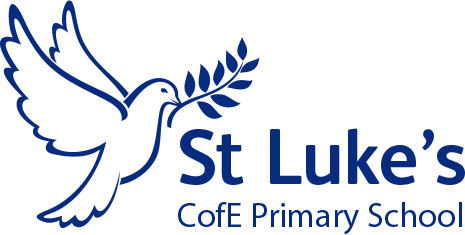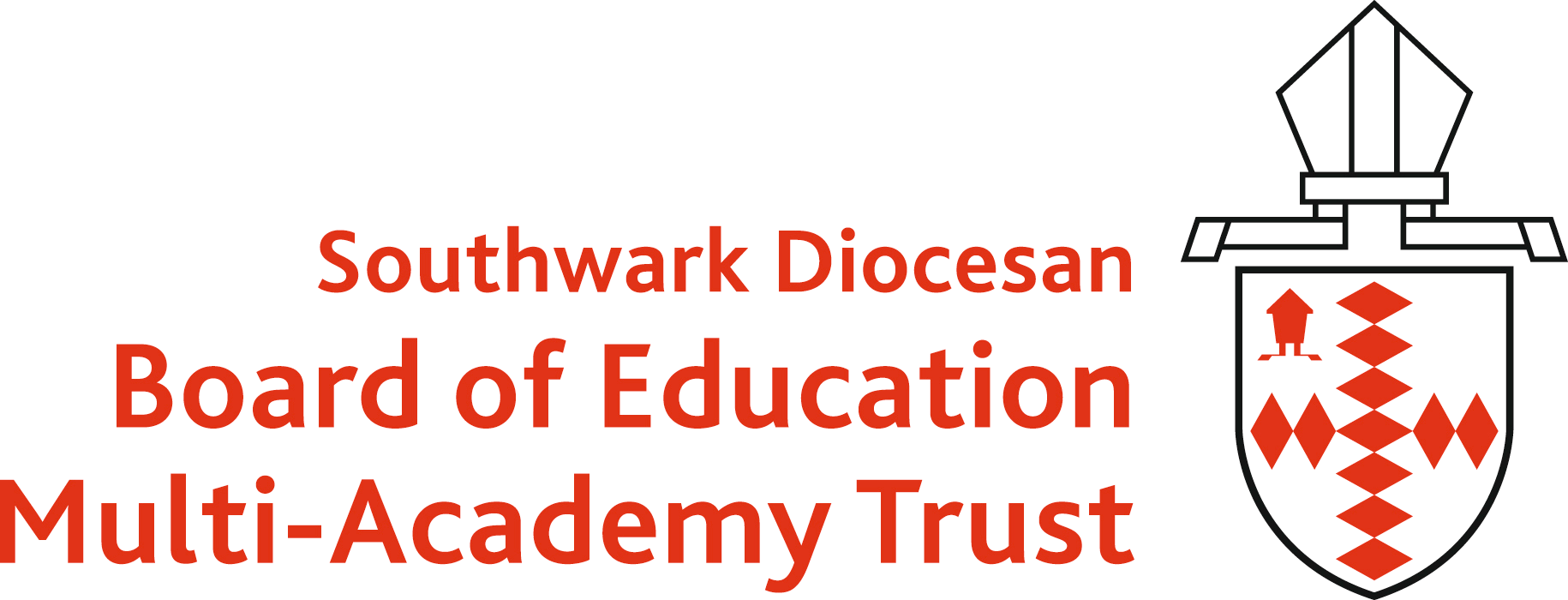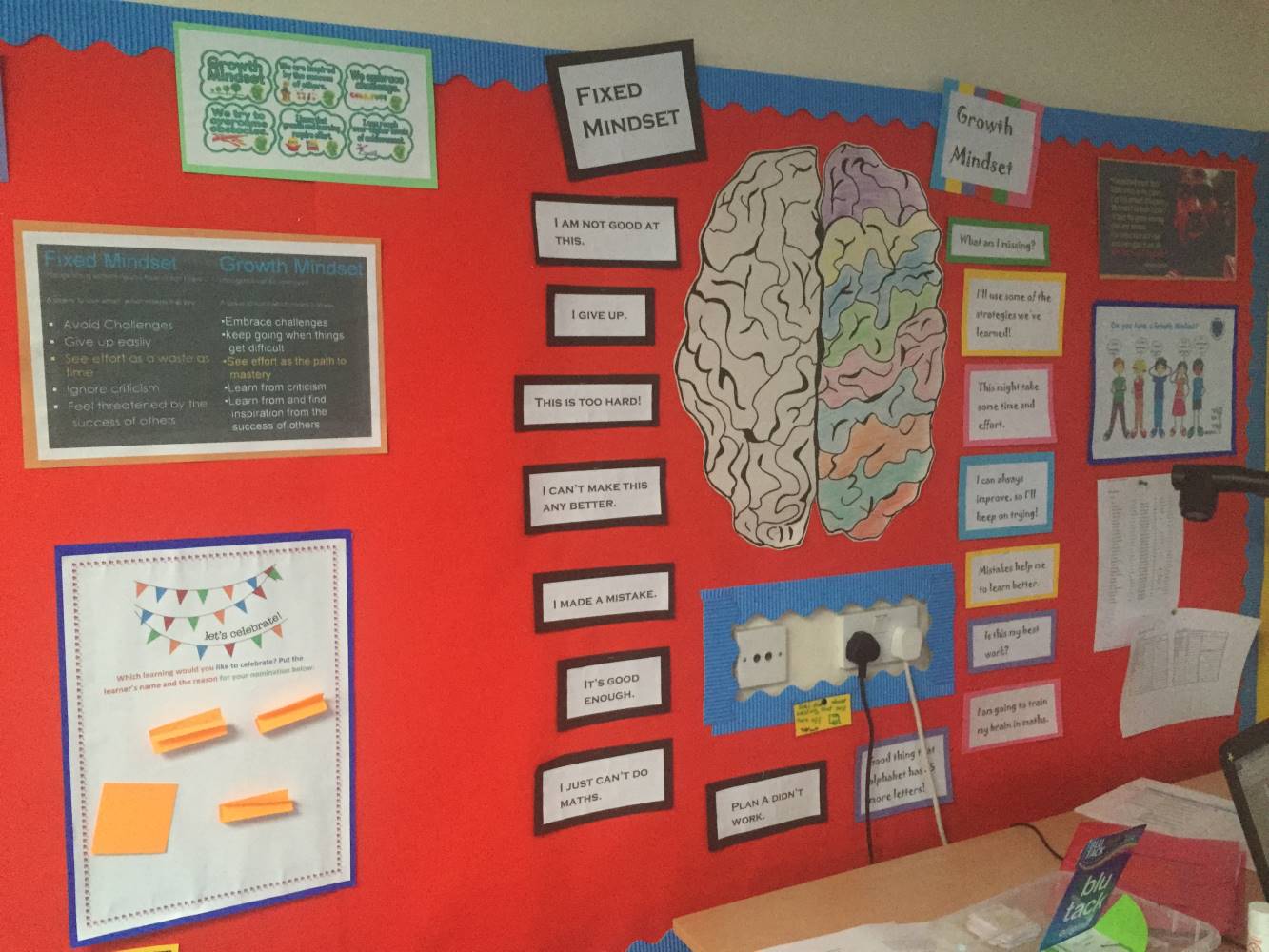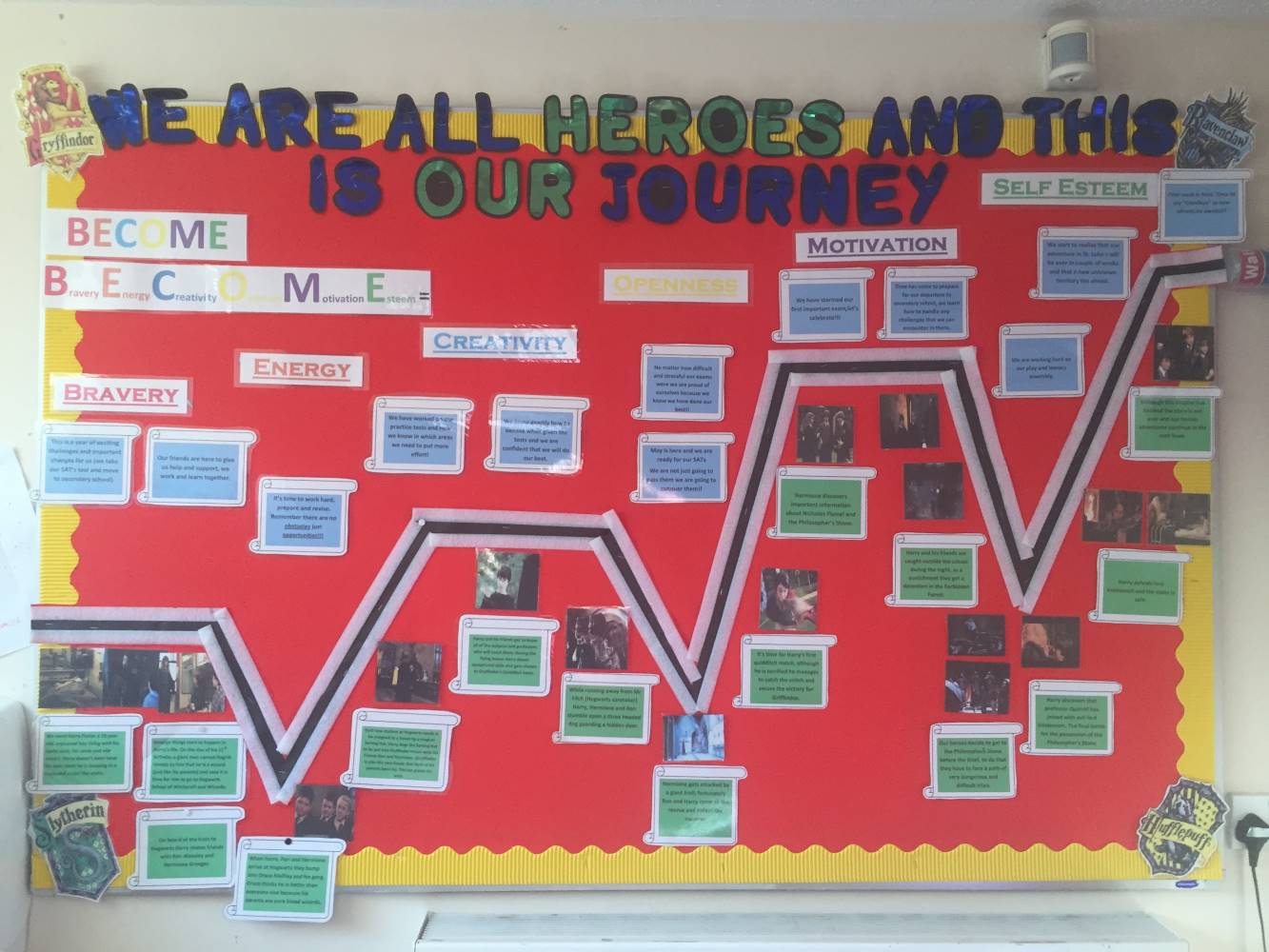Growth Mindset.jpg)
A key concept which shapes the ethos of our school is growth mindsets based on the work of Carol Dweck. Rather than simply praising success we praise effort and persistence.
What Is Growth Mindset?
The term ‘growth mindset’ refers to a way of thinking, learning and taking on challenges. A person with a growth mindset is open to constructive criticism, .jpg) takes feedback and uses it, takes on new challenges, pushes themselves outside of their comfort zone and shows resilience and perseverance.
takes feedback and uses it, takes on new challenges, pushes themselves outside of their comfort zone and shows resilience and perseverance.
Studies show that it is people with a growth mindset (as opposed to a fixed mindset) who achieve in life, are successful in all they do and are happy. Of course, this is exactly what we want for all our children.
Here at St Luke’s, we believe the best thing to do is to teach children to love challenges, be intrigued by mistakes, enjoy effort, and keep on learning. For children who find work easy we make sure they encounter more difficult tasks. Our children recognise that effort, persistence and good teaching are what help them improve.
 You may have heard your children talking about how they've been into "the pit" or about “Learning Lines” at school! To the right is the picture that is represented in various forms in all classrooms throughout the school and is a visual aid for the children to describe their learning journeys throughout the day. We want the children to understand that it is okay to be stuck, and that some of their best learning is done when they find things the hardest.
You may have heard your children talking about how they've been into "the pit" or about “Learning Lines” at school! To the right is the picture that is represented in various forms in all classrooms throughout the school and is a visual aid for the children to describe their learning journeys throughout the day. We want the children to understand that it is okay to be stuck, and that some of their best learning is done when they find things the hardest.
Year 6 Display
This approach links with how we mark work and give feedback too: we always mark giving ‘prompts for improvement’ in writing and ‘next steps’ in maths so that all learning for all children, even the very brightest, is seen as a way to grow. If children have fixed mindsets they find it hard to cope with failure: we teach our children to see mistakes and failure as positive. Music Learning below:
This makes for a very energetic and inclusive culture. It also has a really positive effect on our ethos and on how children approach learning and support each other for example, you won't find charts on the wall listing times table results in rank order or stars for behaviour; we don’t have set ability groups that are fixed for the year; children strive to improve their PB (personal best) in times table tests rather than seeing coming top as the goal.
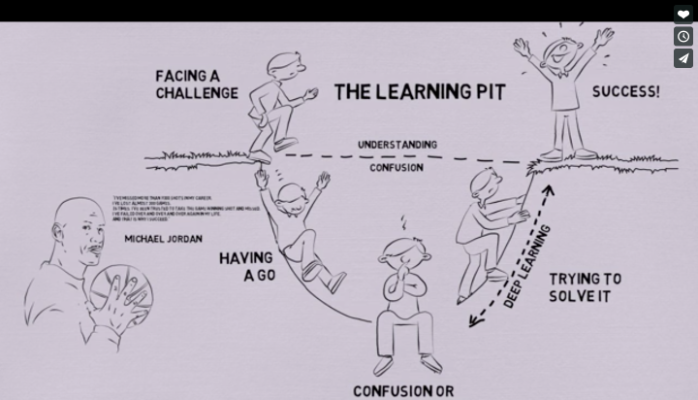 A quote from Carol Dweck:
A quote from Carol Dweck:
"In a fixed mindset students believe their basic abilities, their intelligence, their talents, are just fixed traits. They have a certain amount and that's that, and then their goal becomes to look smart all the time and never look dumb. In a growth mindset students understand that their talents and abilities can be developed through effort, good teaching and persistence. They don't necessarily think everyone's the same or anyone can be Einstein, but they believe everyone can get smarter if they work at it."
This is important because (1) individuals with a "growth" theory are more likely to continue working hard despite setbacks and (2) individuals' theories of intelligence can be affected by subtle environmental cues. For example, children given praise such as "good job, you're very smart" are much more likely to develop a fixed mindset, whereas if given compliments like "good job, you worked very hard" they are likely to develop a growth mindset. In other words, it is possible to encourage students, for example, to persist despite failure by encouraging them to think about learning in a certain way.”
Some key aspects of Growth Mindset at S Luke’s
- We remember it’s always OK to make mistakes – we learn from them
- We never give up! We try a different approach, or use a different strategy
- We learn from each other
- We don’t compare ourselves with others, but we do learn from others
- We challenge ourselves – which really helps us make progress
.jpg)
- We take risks – we don’t limit ourselves by taking the easy option
- We join in as much as possible – and we learn much more by being involved
- We remember that mastering something new feels so much better than doing something you can already do
- We remember that the brain is making new connections all the time – the only thing you need to know is that you can learn anything!
Book list:
Mindset in the classroom: Building a culture of Success and Student achievement in Schools. By Mary Cay Ricci
Mindset: The New Psychology of Success by Carol Dweck
Mindset: Drive the Power of Habit from A Fixed Mindset to A Growth Mindset [Kindle Edition]
Mindset: How You Can Fulfil Your Potential by Dweck, Carol (2012)
Your Fantastic Elastic Brain Hardcover – December 13, 2010 by JoAnn Deak Ph.D. (Author), Sarah Ackerley(Illustrator)
Websites:
Carol Dweck: The Effect of Praise on Mindsets
http://www.youtube.com/watch?v=TTXrV0_3UjY
An interview and over view of Fixed and Growth Mindset.
http://www.huffingtonpost.com/2013/08/02/carol-dweck-mindset_n_3696599.html
Growth Mindset – Carol Dweck’s website
http://mindsetonline.com/abouttheauthor/

